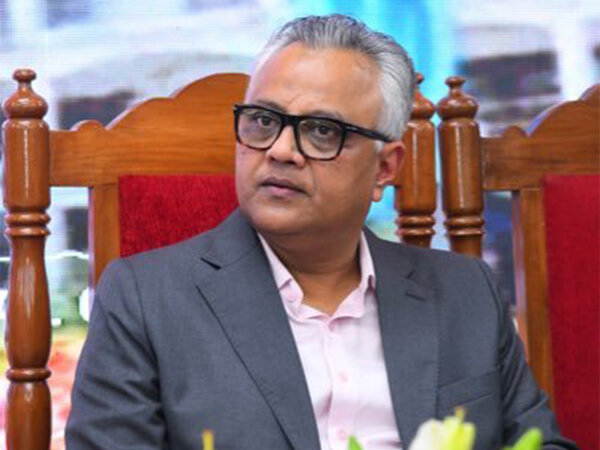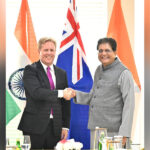India’s distributed and decentralized energy landscape is undergoing a major transformation driven by innovations in energy storage, grid stability, and renewable integration, according to Rohit Chandra, Co-Founder and CEO of OMC Power, in an exclusive interview with ANI.
According to the news report by ANI, Chandra announced a strategic partnership between OMC Power and Honda, describing it as a landmark collaboration that brings together three major Japanese corporations, Honda, Mitsui, and Chubu Electric—as investors in a single Indian energy company.
“We are one of the only companies in India, and perhaps globally, where Mitsui, Chubu, and Honda are investors in the same venture,” Chandra said. “It’s a powerful convergence of technology and clean energy vision.”
The partnership aims to repurpose electric vehicle (EV) batteries for stationary power applications and enter the Battery Energy Storage System (BESS) market. “EV batteries typically last about three years, but Honda’s technology extends their life by at least five more years. While these may no longer suit vehicles, they are ideal for stationary use,” Chandra explained.
Deployments under the partnership are expected to begin in January 2026, with solutions tailored for Indian consumers.
Chandra emphasized that energy storage is crucial for the future of renewables in India. “The future of renewable energy depends on storage. Without storage, renewables have no future,” he stated.
He also highlighted grid stability as a key challenge. “Intermittent renewable inputs create significant grid stability issues. Cost-effective, round-the-clock solutions are only achievable through integrated storage,” he noted.
Discussing India’s growing power demand, Chandra projected a fivefold increase in consumption over the medium term. “India needs to expand its power capacity at least five times in the short to medium term,” he said, adding that both rural and urban consumers are seeking dependable electricity. “There’s a misconception that people in villages don’t want power. They do—and they are willing to pay for it.”
On the policy front, Chandra lauded India’s investment climate. “Policies cannot be better than they are today. The enabling environment is in place. If policies weren’t strong and the business environment weren’t stable, foreign investors wouldn’t come,” he said.
Expressing confidence in India’s leadership in decentralized renewables, Chandra remarked, “We are probably leading one of the largest decentralized solar deployment programs globally. In the next five years, India could rank among the top three nations in this space.”
Looking ahead to India’s 2070 net-zero goal, Chandra estimated that achieving it will require trillions of dollars in investment. “We are talking about trillions in investment for this sector. When you factor in storage, costs rise further,” he said, adding that decentralized renewable solutions offer a faster and more sustainable path toward meeting India’s growing energy demands.














